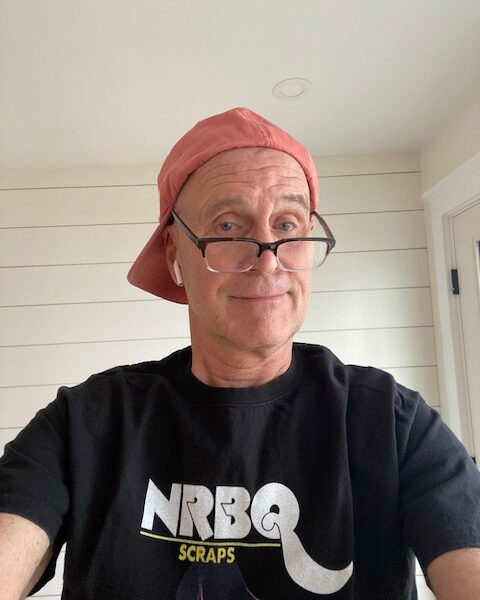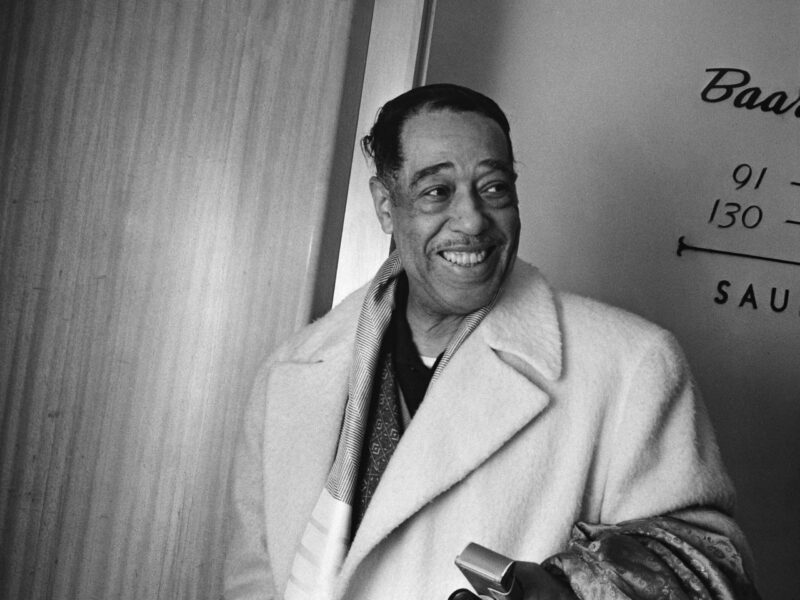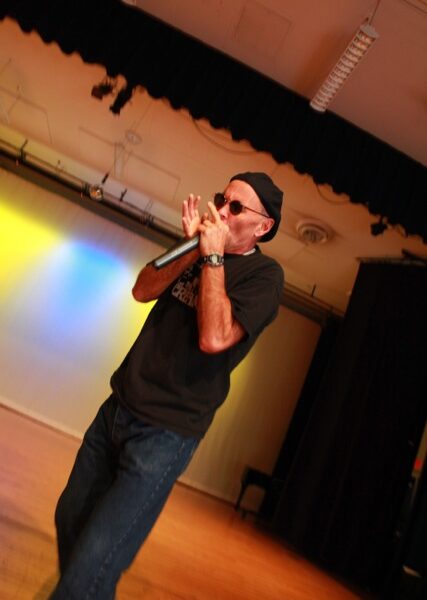Here are 12 books I liked (a lot) in 2011.
1. Still Surprised – A Memoir of Life in Leadership by Warren Bennis
2. Fire & Rain – The Beatles, Simon & Garfunkel, James Taylor, CSNY, and the Lost Story of 1970 by David Browne
3. Townie by Andre Dubus III
4. I’ll Never Get Out Of This World Alive by Steve Earle
5. The Marriage Plot by Jeffrey Eugenides
6. Freedom by Jonathan Franzen
7. Tabloid City by Pete Hamill
8. The Art of Fielding by Chad Harbach
9. Basketball Junkie by Chris Herren & Bill Reynolds
10. Unbroken by Laura Hillenbrand
11. The Moment by Douglas Kennedy
12. The Help by Kathryn Stockett
1. For his 30th book, Warren Bennis offers Still Surprised – A Memoir of Life in Leadership as a personal exploration of his lifelong experiences trying to exhibit, understand, and teach leadership. (Note: Warren is a Hyde alumni parent, father of Will ’87.)
2. David Browne tips off the reader as to message of Fire & Rain in the (full) title. Following the 60s, rock settled into its passive aggressive period. Browne portrays these musicians as nowhere near as laid back as their music and images might suggest. Having been a high school sophomore in 1970, the history conflicted with the image I had of the time… or maybe it was the image I wanted to have!
3. In Townie, Andre Dubuis offers a compelling memoir of a young man in a divorced family caught in the town/gown dynamic of a small New England college town. His father, a writer and professor, tugs him in the gown direction while his mother pulls him in the other as she struggles to make ends meet. Throw in alcohol, extreme dysfunction, and the violent aura of a hard-luck post-industrial region and we and our protagonist are tugged in every which way.
4. Steve Earle would get my vote as best songwriter of 80s given his 3-peat masterpiece of Guitar Town (1986), Exit 0 (1987, my favorite), and Copperhead Road (1988). After a book of short stories (Doghouse Roses, 2001), he’s now tried his hand at a novel. I’ll Never Get out of This World Alive is a captivating tale featuring outlandish characters in a seedy section of San Antonio.
5. In the Marriage Plot, Jeffrey Eugenides tells the story of three friends who meet at Brown University in the early 80s and follows them through the years immediately following graduation. There’s humor, pain, reflection, and sorrow. I think I read this in two sittings.
6. After two false starts with Freedom, I got hooked on my third. I concur with the critics who say that Freedom tells us a lot about how we live right now and how we got here. Furthermore, the “we” cuts close to home as the story winds its way through high schoolers in the Watergate era, 30-somethings during the Reagan years, 40-somethings under Clinton, 50-somethings… Hey, wait a minute!… He’s “talkin’ ‘bout my generation!”
7. Tabloid City is a novel about New York by a guy who does that genre as well as anyone. There’s murder, mystery, socialites, tabloid journalism, hedge fund managers… you know… all the stuff that makes New York our most exciting city.
8. The Art of Fielding uses baseball to tell its story but it’s not exactly a baseball story. Like The Marriage Plot, it’s a great campus novel, this time set at a Midwest liberal arts college. I can’t help thinking that Eugenides, Franzen, and Harbach got together and said, “Hey! Let’s put a whole new slant on the whole ‘coming of age’ thing!” For some reason, these books are linked in my mind as a trilogy. Then again, I could be crazy. (Actually, with my kids home for the Holidays, I’ve been hearing that a lot lately.)
9. In Basketball Junkie, Chris Herren tells the story of his basketball rise, fall – more like free-fall — and redemption. His brutally honest story reveals a young man blessed on one side with extremely rare athletic ability and competitive spirit counter-balanced by an insatiable desire for mind-altering substance. The fact that he’s writing about all of this hints that the ultimate ending is positive, but it sure doesn’t seem that the dots will connect that way while you’re reading the story.
10. After both Laura and I had finished Unbroken, I asked Laura for her first reaction to the book. She replied, “Not to get all cheesy on you, but it brings to mind Faulkner’s Nobel Prize acceptance speech quote: “I believe that man will not only endure – he will prevail.” It’s an amazing story of a human rising above adverse circumstances only to… prevail.
11. As he does with most of his books, Douglas Kennedy takes the reader for an intercontinental ride in The Moment. Raised in NYC, Doug, my college classmate, now lives a trifurcated (is that a word?) existence in London, Paris, and Maine. All four locales are likely to wind up in his novels – this book was #1 in France – including frequent references to Bath and environs. Among Doug’s other can’t-put-down novels are The Job, The Big Picture, Pursuit of Happiness, and Leaving the World. Definitely check him out. (Watch for his The Woman in the Fifth on the Silver Screen starring Ethan Hawke and Kristin Scott Thomas.)
12. With a plot set in Mississippi in the early 1960s featuring the interplay of a recent college graduate, her contemporaries, and their maids (i.e. The Help), The Help presents a “no holds barred” look at race relations both then and now. Not only does Stockett, a young woman, nail so many cultural nuances unique to the time period, it was hard for me to believe that this is her first novel. Can’t wait for her second.
Onward, Malcolm Gauld


